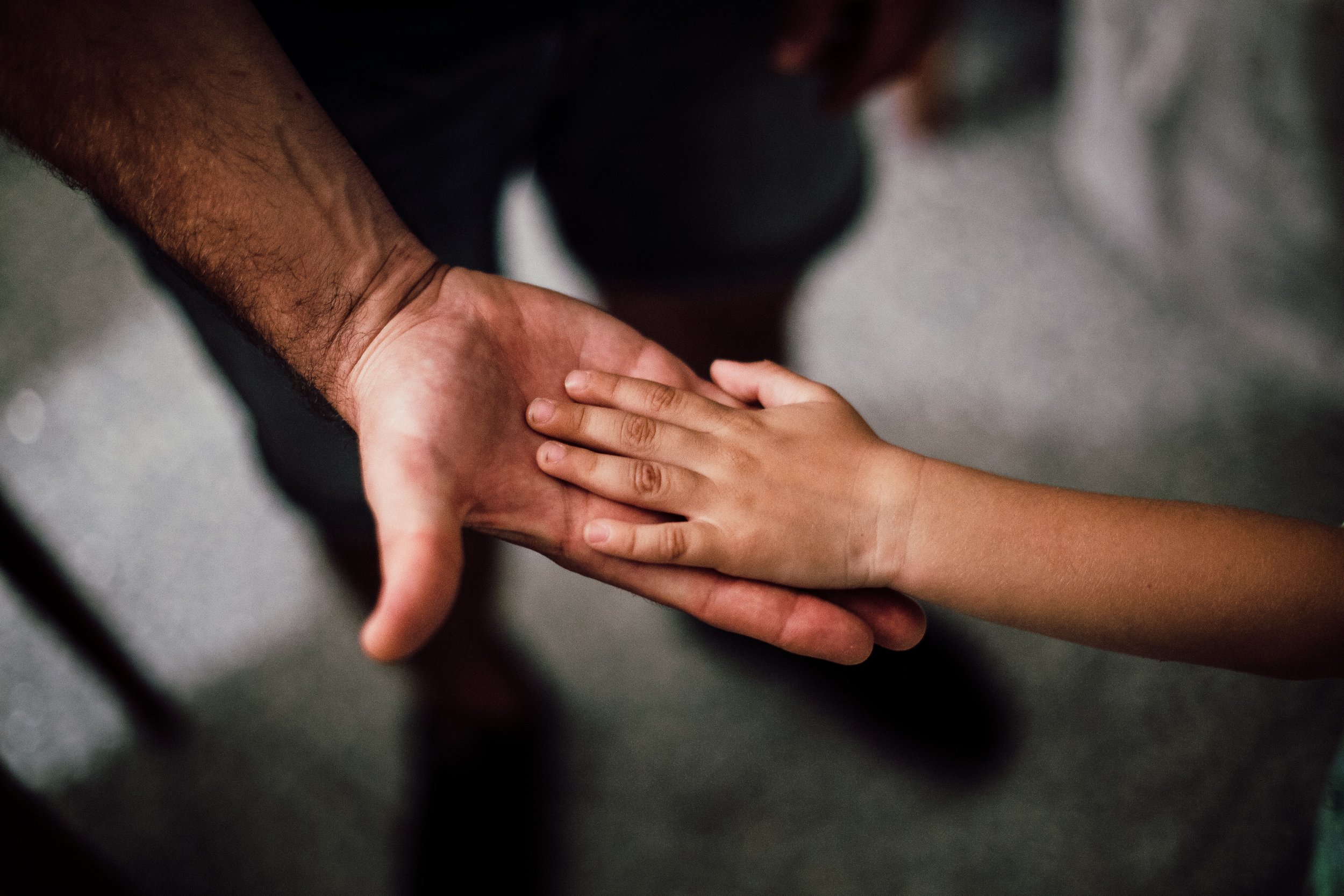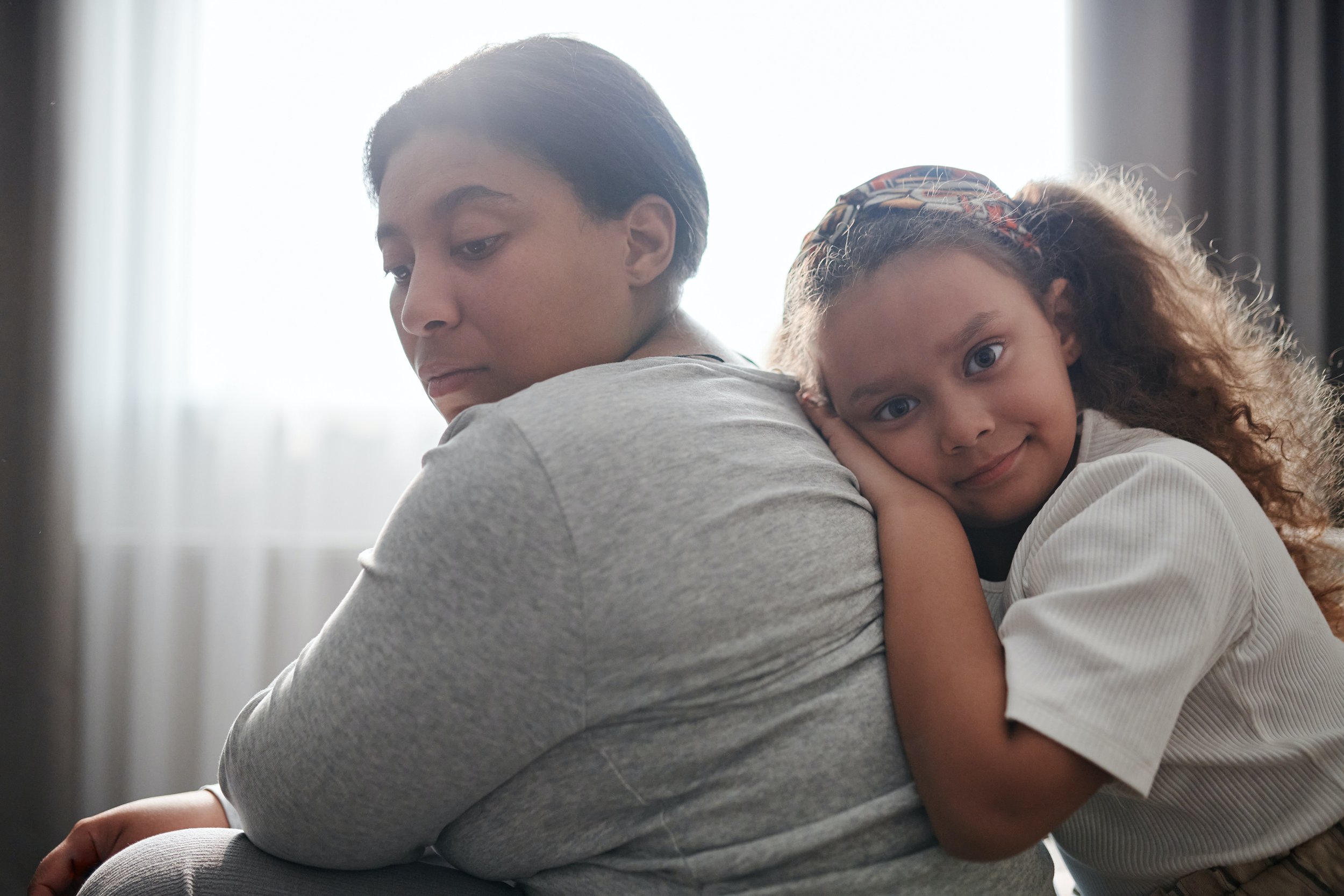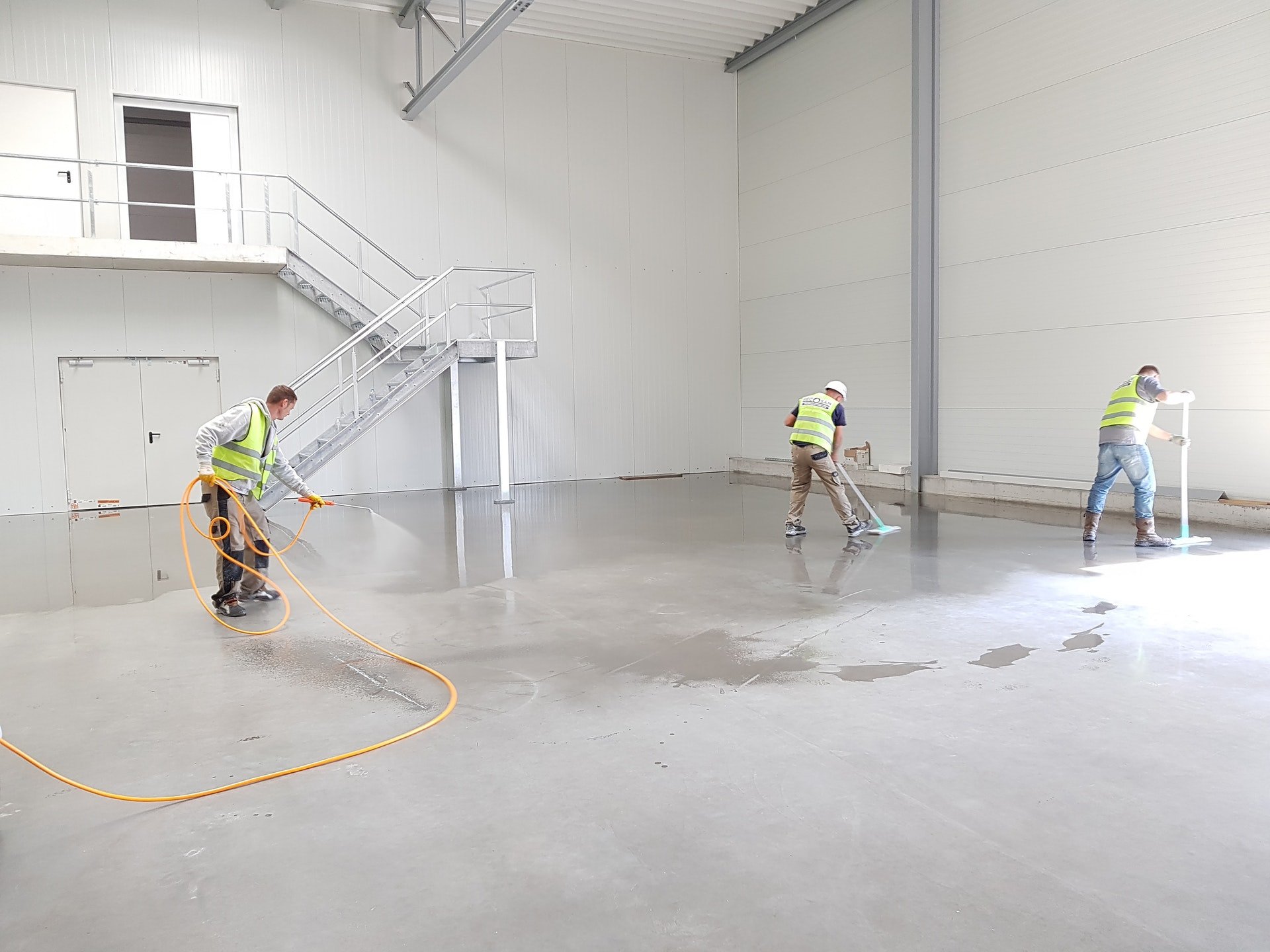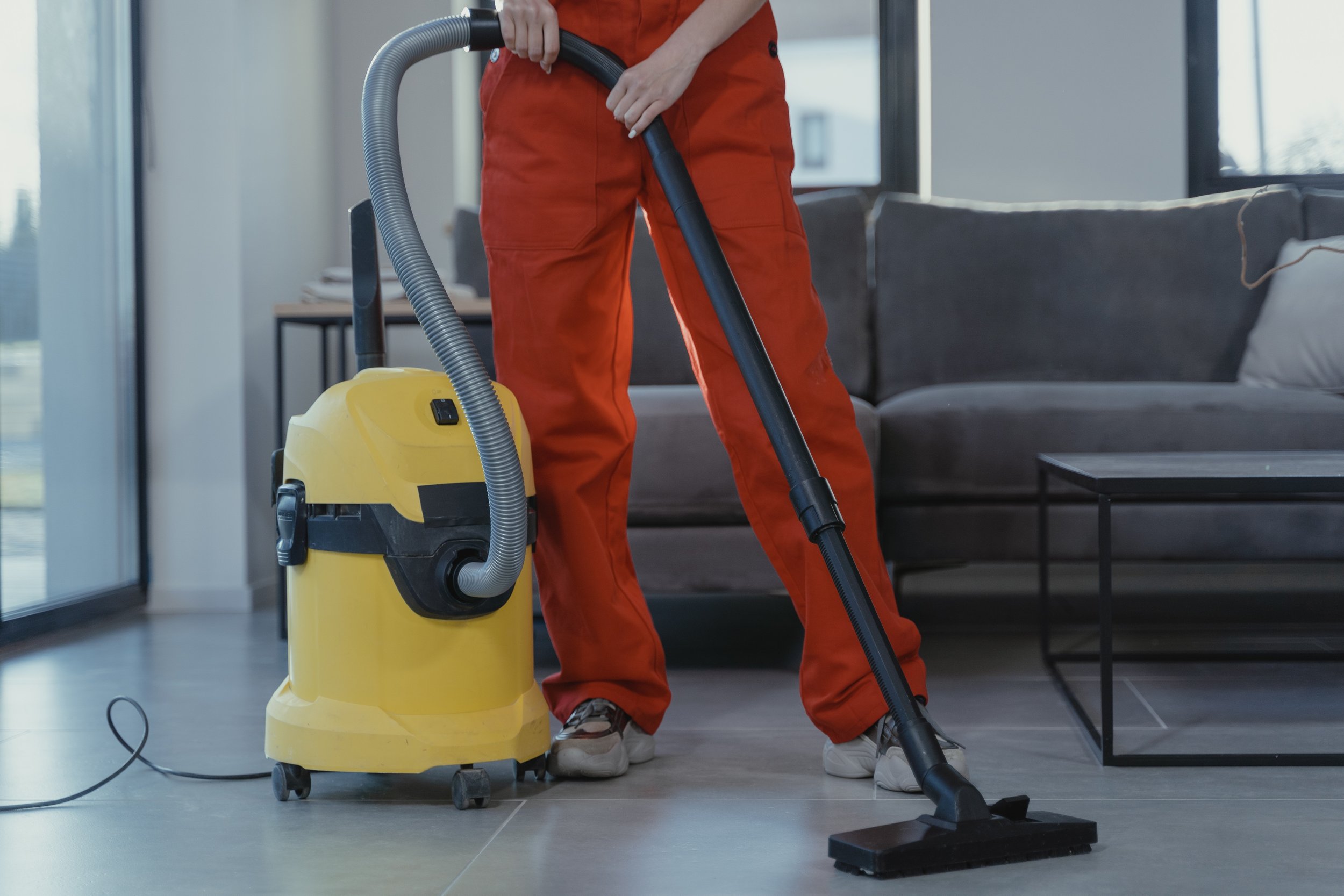
What new census data says—and doesn’t say—about Hawaiʻi
Incomes are slightly higher but housing costs are still among the worst in the nation.

Maui renters need to work 123 hours a week to afford 2-bedroom apartment
Hawaiʻi has the highest “housing wage” in the country, at $36.13 per hour, according to a new national report released today, or over $75,000 per year.

Why are isle residents struggling, income-wise?
Numbers don’t lie, but they sometimes tell tall tales. And often, they leave a lot of people scratching their heads, wondering why the data don’t seem to reflect the same reality they see.

Here’s how much Hawaiʻi CEOs make compared to their employees
The gap between CEO pay and the median salaries of their employees for Hawaiʻi’s publicly-traded companies is narrower than nationwide.

Hawaiʻi Appleseed Center disputes DBEDT tax reform analysis
The nonprofit says a report by the state agency, which analyzed the impacts of the Tax Cuts and Jobs Act, left out “crucial details of federal tax law.”

New tax benefits likely overstated for Hawaiʻi’s poorest
A report from Hawaiʻi Appleseed's new Budget & Policy Center says low-income families in Hawaii are largely left behind by the Tax Cuts & Jobs Act.

State-facilitated retirement savings plan bill moves through Hawaiʻi legislature
Hawaiʻi would save $32.7 million on public assistance programs between 2018 and 2032 if lower-income retirees save enough to increase their retirement income by $1,000 more per year.

Senate Ways & Means chair blocks a bill to raise minimum wage to $15 an hour
A proposed bill would bump the minimum wage to $12.25 in 2019, then to $15 in 2020, but a committee chair says he won't hear the bill without more research.

Airbnb says no to collecting taxes on rentals
State officials are worried they could end up with no new revenue if Airbnb backpedals on the collection process.

Hawaiʻi may switch to all-mail elections in 2020
A bill requiring the conversion in hopes of increasing voter turnout is headed to the House floor.

New bill works towards equal pay in the workplace
A bill at the State Capitol is gaining momentum in the movement to help women in the workplace earn just as much as their male counterparts.

Gradually raise minimum wage
The call for a minimum wage that keeps pace with cost-of-living price tags will never go away.

Bill would raise minimum hourly wage to $15
Hawaiʻi’s hourly minimum wage would increase over two years to $15 by 2020 under a proposal advanced Tuesday by the Senate Labor Committee.

The to-do list for the 2018 legislative session
What should be at the top of the to-do list for Hawaiʻi’s legislators this session? From our high cost of living, to affordable housing, to climate change, the breadth of issues could make this one of the most pivotal years for lawmakers—or it could be politics as usual.

Ige seeks pay raises for foster parents amid legal battle
A drawn-out legal battle over how much families are paid to care for foster children is headed to court, where attorneys say the dispute could end up costing the state significantly more than a multimillion-dollar settlement that was rejected last year by the legislature.

Health and human services providers gearing up for legislative session
A $15 an hour minimum wage and an increase in the low income renter’s credit will help struggling families.

Gavin Thornton: Hawaiʻi Appleseed co-director helps the poor, aims to untangle the state budget process
Thornton serves as a co-director of the Honolulu-based nonprofit that advocates on behalf of low-income individuals, families and communities.

Safety net must be strengthened
Should the ax fall hard, local and state government must be prepared to quickly and efficiently assess need and absorb some of the lost funding.

Nonprofits plan for potentially deep cuts
The Hawaiʻi Community Foundation today will bring together more than 200 island nonprofit organizations to prepare for potentially devastating cuts in federal funding under the Trump administration.

Help for those who are elderly and poor
One in six residents in Hawaiʻi relies on Social Security benefits. But many of the elderly recipients live on the borderline of poverty and homelessness and need public assistance.
